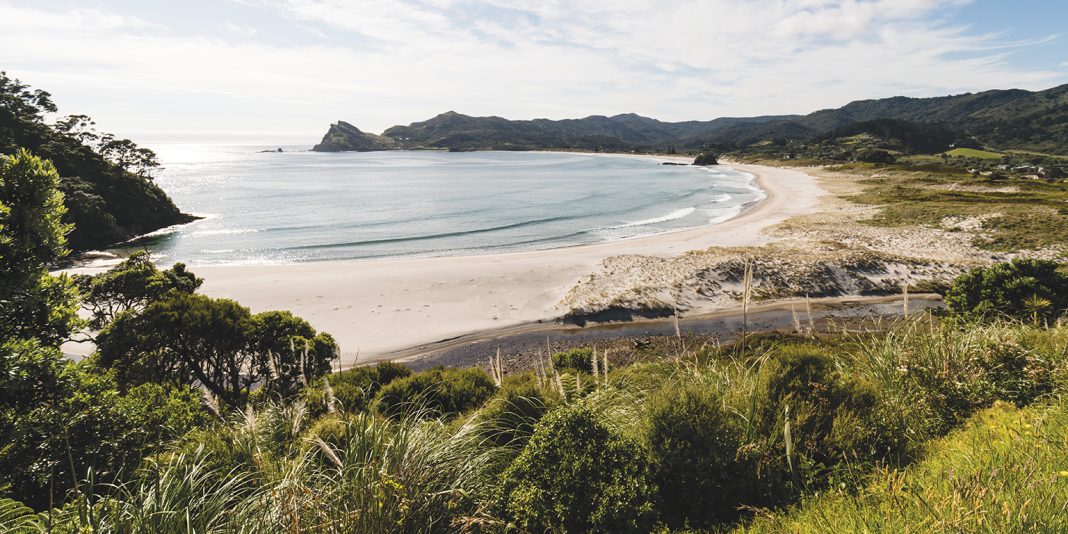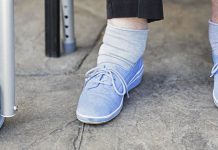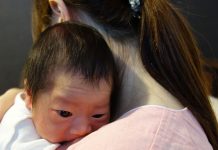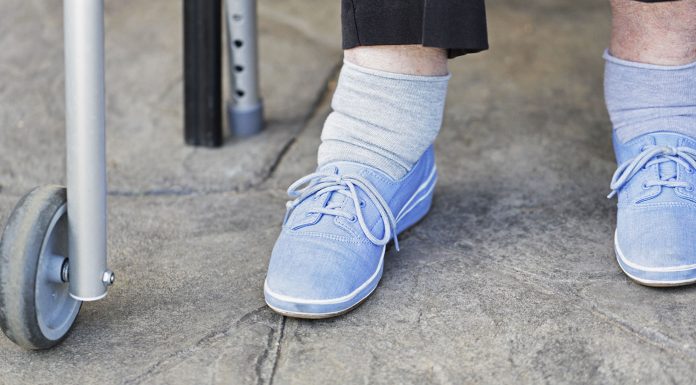Great Barrier Island’s Leonie Howie and Adele Robertson have long embodied the spirit of rural nursing.
For more than 30 years the rural nurse specialists and midwives have cared for generations of residents of the rugged and remote island, 100 kilometres off the mainland. They have birthed their babies, attended their emergencies and washed and dressed their dead.
Along the way they have gained their master’s degrees, co-founded a company to deliver and develop the island’s primary health service and most recently become published authors with the release of their book Island Nurses.
The book tells some intrepid tales, including those of comforting a trapped car accident victim as the tide creeps quietly higher, struggling through a raupo swamp to reach plane crash victims, and birthing a baby on a boat.
It also shares stories of late night callouts when Leonie’s toddler children were bundled into blankets and put to sleep on the health centre floor, facing their own health battles and the grief of farewelling patients who are also friends.
The pair say it has been both a privilege and empowering to have their nursing lives interwoven with the lives of the families they have lived and worked with for decades on Aotea (Great Barrier Island).
So interwoven, in fact, that for years the living room of Leonie and her GP husband Ivan doubled as the waiting room for the island’s practice rooms – a caravan parked outside their front door. And Adele laughs that, in time, her mussel farmer husband Shannon adjusted to being known as the ‘nurse’s husband’.
Adele and Shannon arrived on the island in 1985, when Adele took up the post as the public health nurse in the ‘nurse’s cottage’ at the north of the island – in those years about an hour by car away from a part-time emergency nurse and Ivan the GP who were based in the south.
Leonie’s arrival was a love story. A chance meeting in 1986 with former workmate Ivan, during a summer yachting trip to Aotea, saw her wooed from across the waters and by the end of the year she was both an island nurse and the doctor’s wife.
In their book Leonie and Adele talk about rural nursing as ‘knowing’ – not only knowing a place and its people but becoming part of it. Being an integral part of the Barrier and surrounding islands’ hardy population of around 1,000 people means maintaining professional boundaries is never clear cut for Leonie, Adele and the rest of the island’s nursing team delivering antenatal to palliative care and everything in between.
“It’s completely impossible to be black and white about boundaries – you have to have fluid boundaries,” says Adele. “And to know how to move across those boundaries and be a friend one moment and a professional the next.”
Leonie, whose master’s dissertation looked at what it means to be a rural nurse, says for rural nurses it is not only a case of knowing but also being known.
“Rural people like to be cared for by people they know and who they trust,” says Leonie. “Living in the goldfish bowl of rural life means they know you warts and all – and that allows them to build up that trust with you.”
In return the caring professionals say the caring is far from one way as the islanders care for and value their nurses. Be it gifts of seafood or wild pork delivered to the back door or Adele recovering from cancer surgery on the mainland surrounded by vases of flowers from the islanders and a boxful of get well cards from the local school.
The pair say an important step for both their professional development and the community’s health services was the setting up, in the midst of the 1990s health reforms, their company Aotea Health (in partnership with Ivan). “One of the reasons we set up Aotea Health was that we could get control of the (health funding) money and direct the services to areas that were important for rural people rather than being squashed into an urban model,” says Adele.
“Evolving a whole service for the islanders – that has just been great to be part of,” adds Leonie.
That service also reflects that the hardy islanders’ notion of health often differs from their urban counterparts. The worried well are few and far between. And you can’t make assumptions, as they know a local digger driver who has a master’s degree and a company director who left school at 15. Many of the pair’s rural patients also consider themselves well as long as they can still carry on and do their normal day-to-day activities. Likewise evacuating an islander off to the Mainland is not done lightly.
The pair knows the logistical, and emotional, challenges of being separated from family, farm, animals and friends so the health team will go the extra mile to try and treat or stabilise a patient first before phoning for a helicopter.
That deep commitment to the island and its islanders shines in Leonie and Adele’s book Island Nurses, which to their delight is “absolutely loved” by the community.
“The community say it’s a document that encapsulates who they are,” says Leonie. A community they know with the “special kind of knowing of a rural nurse”, a knowing that is “as much in the heart as in the head”.
Resources
- Rural Nurses NZ Facebook page www.facebook.com/groups/440474582969538
- New Zealand Rural General Practice Network www.rgpn.org.nz
- New Zealand Rural Hospital Network www.nzrhn.co.nz
See related stories:




















